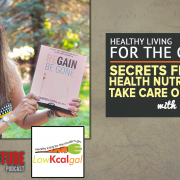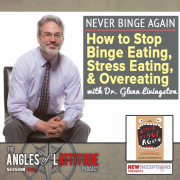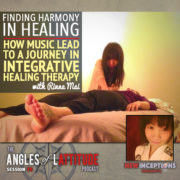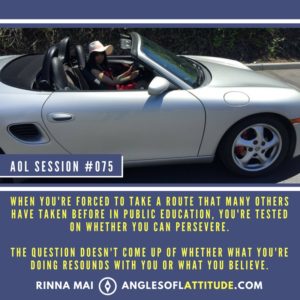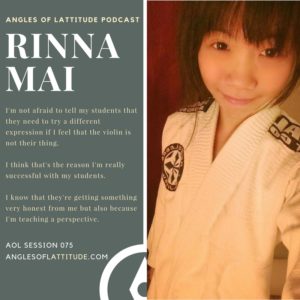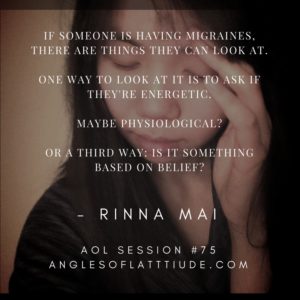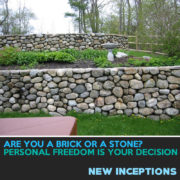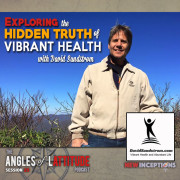Sameera Khan – Healthy Living for the Creative: Secrets from a Health Nutritionist to Take Care of Yourself (AoL 188)
In 2020, it’s been relatively easy to put on a few pounds since we’re all more prone to living a sedentary lifestyle. That’s why the Quarantine 15 has become a thing. However, that’s really a bad excuse to not take care of yourself.
So, for the holidays, I wanted to make sure we released a conversation with someone who can help us work-o-holic creatives be a bit more mindful of how we’re treating ourselves during the last stretch of the year.
While our guest Sameera Khan typically works with bariatric surgery candidates, she has some great tips for the rest of us.
Listen in as Veronica and I explore a handful of tips we should keep in mind to keep ourselves from binging and/or staying on track for our holiday meal planning.
Enjoy!
SPECIFICALLY, YOU’LL FIND OUT MORE ABOUT:
- What was the spark that drew Sameera towards a career in the health field? 11:03
- How can someone become more aware of where they’re at in their own personal care? 15:52
- How would the work-a-holic use this knowledge in their day to day? 18:31
- What is someone facing when they’re looking at bariatric surgery? 21:40
- What kind of actions does someone need to take after bariatric surgery to stay healthy? 26:00
- Why would someone want to shift their carb intake and what are some tips someone can do that? 28:03
- What is Sameera focused on for the rest of this year and going forward? 33:24
- Which 3 books does Sameera find herself giving or telling others about the most? 35:30
- Is there a documentary she recommends people check out? 36:17
- What is something she believed as an 18 year but has realized is completely inaccurate and why? 37:17
- Which three personal truths would Sameera want others to know? 38:52
- What does it mean to live a life of abundance? 40:40
ITEMS and PEOPLE MENTIONED IN THIS EPISODE:
Sameera Online: Website, Facebook, Instagram
Cohost: Veronica Kirin
Powered By: Uncover Your Personal Mission
Regain Be Gone (Amazon Link)
Obesity Code (Amazon Link)
Whole30
What the Health
Curiosity Stream (free with your subscription to Scribd!)
Right click here and save-as to download this episode to your computer.
SHOW NOTE EXTRAS:
Rob’s testimonial of the journey she’s been on with Sameera
Ed’s testimonial of Sameera’s work
Denise Walsh speaks with Sameera about Keeping Weight Off
Dr. Oz on the Paleo Diet
Thanks for Listening!
Thanks so much for joining us again this week. Have some feedback you’d like to share? Leave a note in the comment section below!
If you enjoyed this episode, please share it using the social media buttons you see at the top of the post.
Also, please leave an honest review for The AoL Podcast on iTunes! Ratings and reviews are extremely helpful and greatly appreciated! They do matter in the rankings of the show, and we read each and every one of them.
If you have any questions feel free to email them over via the email mentioned in the show or by our contact form.
And finally, don’t forget to subscribe to the show on Castbox, iTunes, Stitcher, PodBean, and/or Google Play Music. It’s absolutely free to do so.
A huge thank-you to you guys for joining us!
Cheers!

